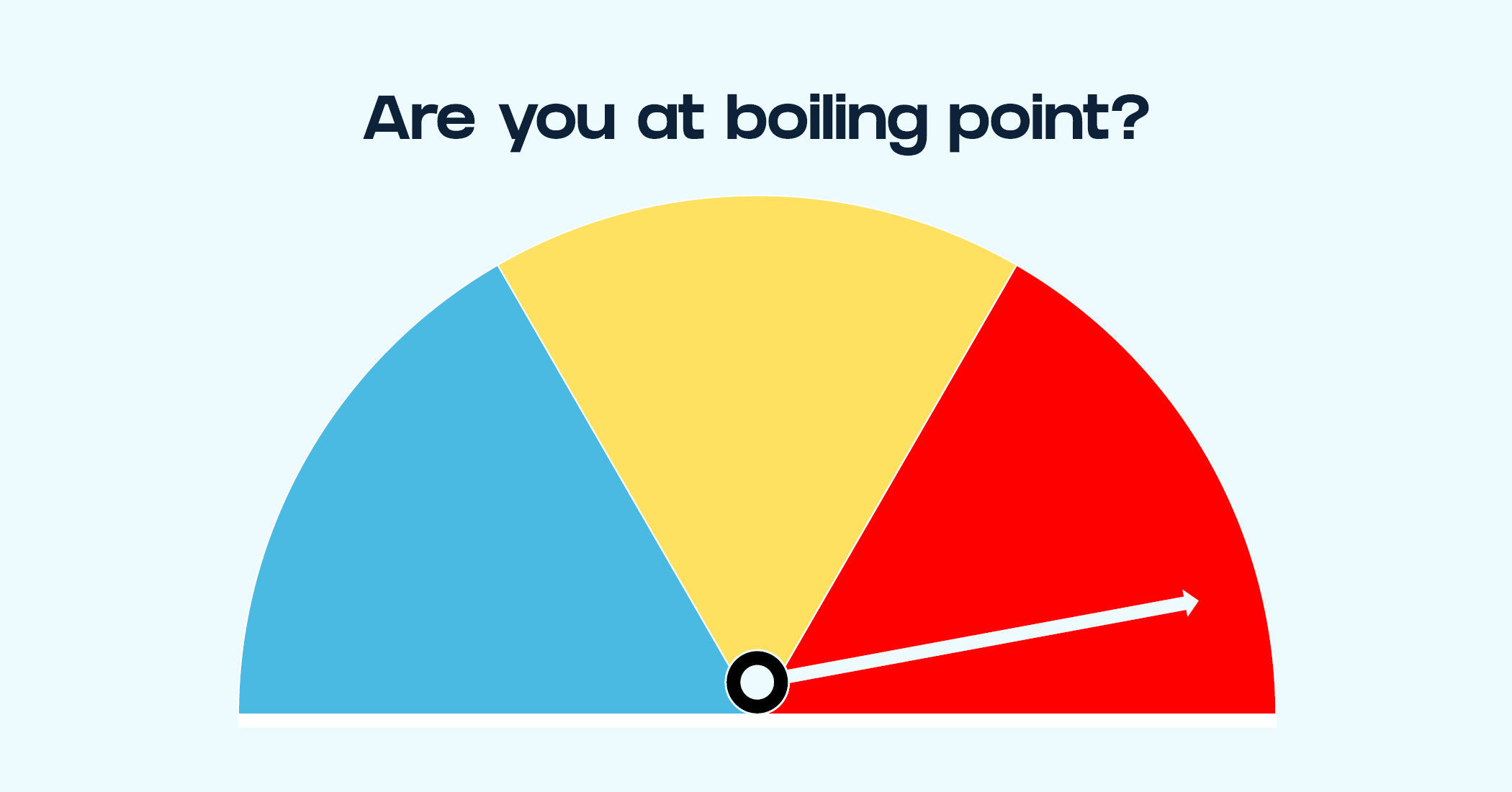The boiled frog story is often used to describe a scenario, where people are unaware of changes that happen gradually until they become untenable. The story highlights a frog being put into a pot of cold water on a stove, and slowly the water warms up, but before the frog recognises any risk, it is too late, and the water is boiling. We seem to have a situation currently in many businesses, where this analogy could apply, except we should replace the average stove top with an induction stove, meaning things have become alarming, quickly.
Very few businesses have positioned themselves to be seen as ‘best in class’ to prospective employees in our tough labour market. Even businesses who worked hard to develop, retain, and attract talent, have not been immune to the worldwide pandemic effect on the labour market, with first resignation, and now shortage challenges.
It’s never been tougher to find people, with employers facing the lowest unemployment rates in years, barriers to getting migrant workers and work visas, and an increasing exodus of people offshore. With all of this in play, I have been observing an unsettling power shift in the workforce. A shift which I can’t but help but think is unceremoniously moving the lens in many businesses off the customer and onto its employees, unbalancing employer and employee relationships in the process.
It seems a fear of losing people is leading to mediocrity & poor behaviour being tolerated. Leadership decisions on work from home policies are being challenged, causing stalemates within teams, or resulting in a swing to over flexibility for some. I see leaders already pressured juggling pandemic supply and operational challenges, increasingly drawn into pacifying, retaining and nurturing staff, with less time spent nurturing customers. Is the water in the pot starting to boil?
I agree we don’t want to return to the old days, when employers dictated to employees all terms of employment, however the pendulum may have swung too far. Anecdotally I believe we are seeing more toxic work cultures than ever. Most parents know that if they give children everything they want, it reinforces the wrong type of behaviour, which is neither good for the parent or the child. If a business has a detrimental shift in culture, it is extremely likely, customers will also be experiencing a decrease in customer service and experience.
Dr Sven Hansen raised an important point during a resilience workshop he delivered on Sales Syndicate during lock down last year. What Sven said, which resonated with many leaders struggling to balance covid related business challenges with staff wellbeing, was that wellbeing of your people and empathy towards them is important, but it doesn’t absolve individuals from their role responsibilities, and it is still important to hold your people accountable.
The quickest way to undermine your culture is by allowing individuals in a team to get away with poor or below par behaviour. This will erode your goodwill as a Sales Leader far more quickly than not being as flexible as people would like with office vs home allowances. Make sure you get the power balance right, where you, and your people, are focussed on customer as well as the culture of the business.
Leaders have a finite amount of attention (time, energy & resource) so the risk is in the current environment if we are spending less of our attention on customers and more and more on employee demands and expectations then the customers suffer. If we can achieve the right balance, then ultimately this will have a positive impact on customer experience and culture and make our businesses a desired place to work and do business.




